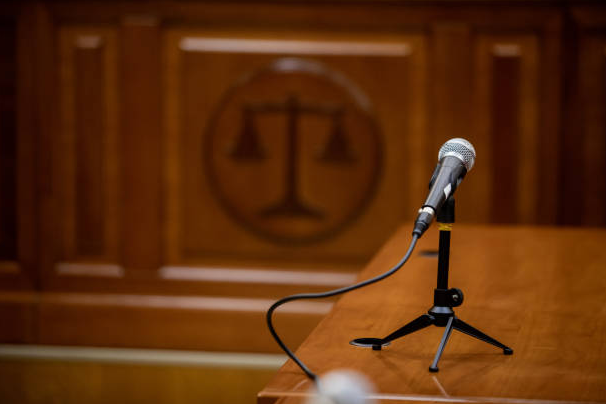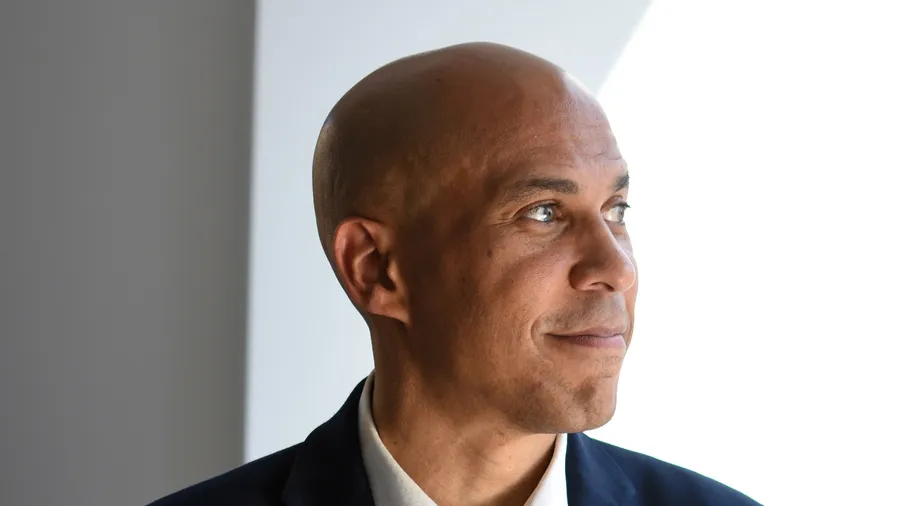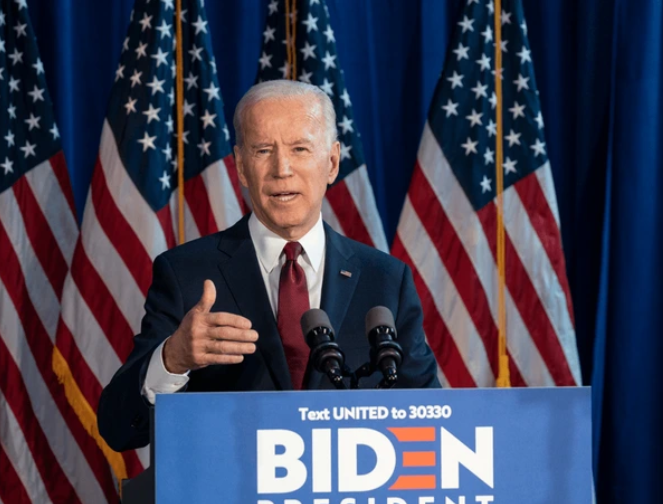On Jan 31, the Senate Judiciary Committee conducted a hearing questioning tech CEOs from mainstream social media platforms including X, Meta, TikTok, and Snapchat on their alleged failures to protect child users from exploitation.
The hearing, which lasted over four hours, focused mainly on the bipartisan goal of Congress to pass effective legislation including age minimums for users to use social media platforms safely. The hearing took place to push for action, as it centered around Congress’ multiple attempts to pass bills, including the STOP CSAM Act- a response to child online sexual exploitation by holding online platforms accountable and supporting victims. During the hearing, Senator Lindsey Graham thanked his Republican and Democratic colleagues for their efforts on the committee.
Also present at the hearing were families of teens and children who had died from threats present on social media – including deadly challenges, drug deals that resulted in overdoses, and online harassment. Parents stood holding photographs of their children, facing the CEOs. At one point during the hearing, Meta CEO Mark Zuckerberg turned around to apologize to parents in the room for their losses and negative experiences through social media platforms.
Youth advocates also stood in the hearing room wearing shirts that said, “I’m worth more than $270” – referencing an internal company email from Meta stating that the rough lifetime value of a teen is $270.
Sophomore Krish Putta believes that although placing all the responsibility on CEOs and platform executives is understandable, parents should also be held accountable for what their children do online.
“It’s essential for parents to have open and ongoing conversations with their children about responsible internet usage, digital citizenship, and the potential dangers they may encounter online,” said Putta. “Although you can make the argument that CEOs are the ones who are causing the problems, at the end of the day it comes down to what the parents let the children do.”
In addition to Zuckerberg’s apology, Snapchat CEO Evan Spiegel also apologized to parents of children who were able to access illegal drugs through the platform.
Senators on Capitol Hill were adamant about grilling the CEOs, especially Zuckerberg (Meta).
“You have blood on your hands,” said Graham. “You have a product that’s killing people.”
Evidence of internal emails within Meta also showed Zuckerberg rejecting suggestions from executives encouraging the hiring of more software engineers to help strengthen and ensure online safety.
Social media content creator Piper Crawford provided insight into how well her privacy is protected online.
“Social media platforms have not done anything to protect my safety in my opinion – I get comments where people are saying my address and my parents’ names, and stuff that I didn’t tell them,” said Crawford. “The only thing that I feel protects me is the feature where I can filter out specific words from comments.”
Instagram released safety features two weeks before the congressional hearing, including automatic restrictive content settings on teen accounts. The platform also expanded blocked search settings.
Technology education teacher Mark Estep gave his thoughts on the precautions users could take to protect themselves from online dangers.
“Every time you use any platform, you are increasing your risk. Know the risks and rewards for any platforms you use,” said Estep. “If a platform is free, that means you – your data and behavior – are the product. Consider how that data can be used negatively – for you and society.”



















